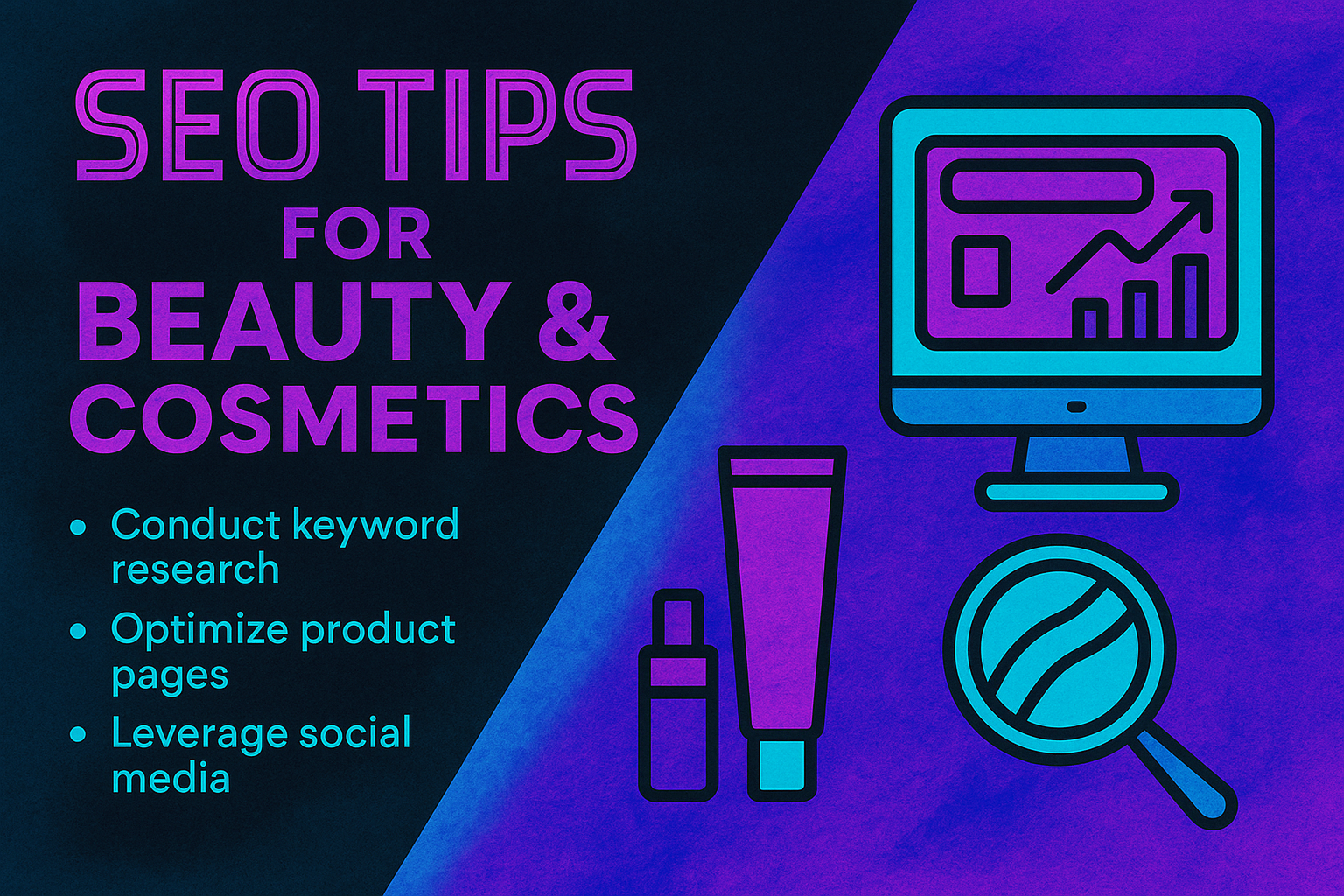Schedule a Demo
SEO, or Search Engine Optimization, plays a pivotal role in the beauty and cosmetics sector. With a market that's both competitive and visually driven, understanding how to optimize for search engines can make a significant difference in visibility and sales. The beauty industry's digital landscape requires a nuanced approach to SEO, focusing on keywords that not only attract traffic but also align with the brand's aesthetic and target audience.
In my work with digital marketing teams, I've noticed a common challenge: finding the right balance between broad and niche keywords. For beauty and cosmetics, it's essential to target phrases that reflect the latest trends, such as 'sustainable beauty products' or 'vegan skincare'. These keywords not only cater to current consumer interests but also help in positioning your brand as forward-thinking and relevant.
Moreover, the beauty sector's SEO strategy should incorporate long-tail keywords. These are more specific phrases that potential customers might use when they're closer to making a purchase decision. For instance, 'best anti-aging serum for sensitive skin' or 'organic lip balm with SPF' can capture a highly targeted audience, leading to better conversion rates.
Choosing an SEO vendor in the beauty and cosmetics industry involves more than just looking at their track record. You need a partner who understands the unique challenges and opportunities within this sector. A good SEO vendor will have experience working with beauty brands and will be adept at navigating the competitive landscape of beauty-related search terms.
I often advise clients to look for vendors who offer a comprehensive approach to SEO, including on-page optimization, content strategy, and technical SEO. The beauty industry thrives on high-quality content, so your vendor should have a strong portfolio of content marketing strategies tailored to beauty and cosmetics. They should also be able to demonstrate how they've improved search rankings for similar brands.
Another critical factor is transparency. A trustworthy SEO vendor will provide regular reports and updates on your campaign's progress. They should be open about their strategies and willing to adjust them based on performance data. This level of transparency is crucial in an industry where trends can shift rapidly, and staying ahead of the curve is essential.
When evaluating the success of your SEO efforts in the beauty and cosmetics industry, certain metrics stand out as particularly relevant. Organic traffic is a primary indicator of SEO effectiveness, showing how many visitors are coming to your site from search engines. However, it's not just about quantity; the quality of this traffic is equally important. Look at metrics like bounce rate and average session duration to gauge user engagement.
Conversion rate is another critical metric for beauty brands. It measures how effectively your SEO strategy is turning visitors into customers. For beauty and cosmetics, this might mean tracking purchases, newsletter sign-ups, or even social media follows. A high conversion rate indicates that your SEO efforts are not only attracting the right audience but also compelling them to take action.
Finally, consider keyword rankings and search visibility. These metrics will show how well your site is performing for targeted keywords. In the beauty industry, where trends can change quickly, maintaining high rankings for relevant keywords is essential. Regular monitoring and adjustments to your SEO strategy based on these metrics can help keep your brand at the forefront of search results.
The future of SEO in the beauty and cosmetics industry is likely to be shaped by several emerging trends. One significant trend is the increasing importance of voice search optimization. As more consumers use smart devices to search for products, optimizing for voice queries like 'where can I buy cruelty-free makeup?' becomes crucial.
Another trend to watch is the rise of visual search. Platforms like Pinterest and Google Lens are making it easier for consumers to find beauty products through images. This means that beauty brands need to focus on image optimization, ensuring that product photos are tagged with relevant keywords and are of high quality.
Lastly, the integration of AI and machine learning in SEO strategies is set to revolutionize how beauty brands approach search optimization. These technologies can help in predicting consumer behavior, optimizing content for better engagement, and even personalizing search results based on user preferences. Staying ahead of these trends will be key for beauty brands looking to maintain a competitive edge in SEO.
